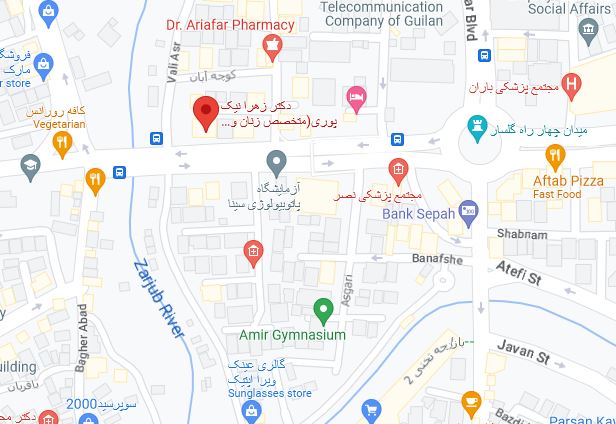Breast Cancer Developing Earlier in BRCA Generations
|
|
Breast Cancer Developing Earlier in BRCA Generations Authors and Disclosures The authors have disclosed no relevant financial relationships. Cancer. Published online September 12, 2011. September 12, 2011 — Women who inherit the BRCA gene mutation develop breast cancer at an earlier age than previous generations, a new analysis has found. The finding was published online September 12 in Cancer. The observation comes from researchers at the University of Texas M.D. Anderson Cancer Center in Houston, who studied the family histories of women with BRCA mutations and breast cancer treated at their center. The results suggest that "genetic anticipation" might be occurring with this syndrome, say the researchers. This phenomenon, seen with inherited diseases, such as Fragile X syndrome and Huntington's disease, appears to be related to DNA instability and results in the disease occurring at younger ages or with increased severity in subsequent generations. If true genetic anticipation is happening with BRCA breast cancer, there might need to be changes in the timing of counseling and interventions, the researchers say. For the time being, however, the current recommendation "appears to be sufficient and appropriate," they note. Current guidelines, such as those from the National Comprehensive Cancer Network and the American Cancer Society, recommend that women known to be carriers of BRCA mutations start being screened for breast cancer at 25 years of age, or at 5 to 10 years earlier than the age at which a family member in a previous generation was diagnosed. "However, our findings show that we may need to continue to follow these trends with future generations, and make changes accordingly in order to best advise and care for women at greatest risk," said lead researcher Jennifer Litton, MD, from the Department of Breast Medical Oncology at M.D. Anderson. Earlier Diagnosis
The study focused on 132 breast cancer patients with BRCA mutations who had been treated in the M.D. Anderson Clinical Cancer Genetics Program between 2003 and 2009. The team found that 106 of these women had a female family member in the previous generation who had a BRCA-related cancer — either breast or ovarian. A comparison of the age at which the diagnosis of cancer was made showed a significant difference between the 2 generations (P < .001). Breast cancer was diagnosed earlier in the generation of women who were treated at the center (median age, 42 years; range, 28 to 55 years) than in the women in the previous generation (median age, 48 years; range, 30 to 72 years). Using mathematical models to evaluate for anticipation, the difference in age between generations was 7.9 years (P < .0001). "These findings are certainly concerning, and could have implications on the screening and genetic counseling of these women," Dr. Litton said in a statement. "In BRCA-positive women with breast cancer, we may actually be seeing true anticipation...[with] the phenotype or cancer coming out earlier per generation. This suggests that more than the mutation could be involved; perhaps lifestyle and environmental factors are also coming in to play," she added. For now, however, the results confirm that women with BRCA mutations should continue to be screened per the guidelines, Dr. Litton explained. The authors have disclosed no relevant financial relationships. Cancer. Published online September 12, 2011.
|


